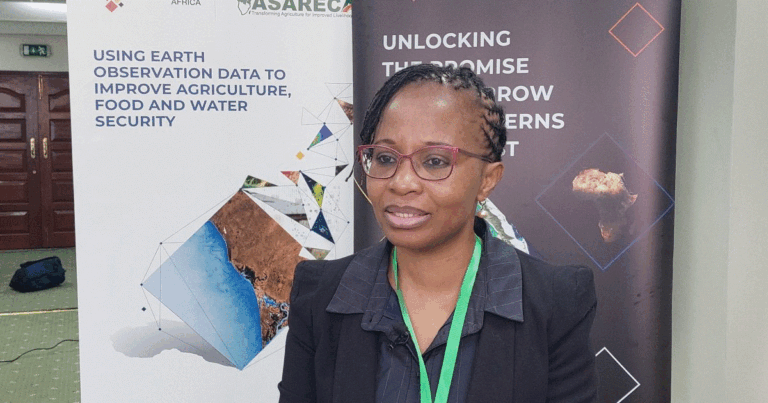Kenyan farmers are turning to Earth observation technology to boost their crop yields and fight against climate change, thanks to a groundbreaking program called Digital Earth Africa (DE Africa). The program provides farmers with up-to-date satellite imagery and other earth observation data that helps them make informed decisions about crop selection, planting times and harvesting.
DE Africa, funded by the Australian government, aims to empower small-scale farmers to get timely information that they can use to improve crop productivity. The program builds capacities of governments, academia, civil society, private sector and leaves no one behind, especially small-scale farmers.
Speaking during a deep dive meeting for information for agriculture and food security project in Kenya, Dr. Kenneth Mubea, User Management Manager of Digital Earth Africa, said, “Our special focus today is food and agriculture security and funded by Australian centre for international agricultural research to empower small scale farmers to get timely information and therefore improve on their productivity”.
READ ALSO:
Rwanda Plans to Connect 3,000 Unconnected Schools to the Internet by 2024
SK Telecom plans to launch flying taxi service in 2025
Nokia’s new G22 smartphone allows users to repair it themselves
DE Africa, which started in 2019 with the initial pilot being in Kenya, Tanzania, Ghana, Senegal, and Sierra Leone, is now expanding to all the countries in the African continent with more funding from the Australian government. In Kenya, the program has partnered with the Regional Centre for Mapping of Resources for Development (RCMRD), covering 20 member states from Eastern and Southern Africa.
According to Dr. Mubea, the benefits of DE Africa are not limited to individual farmers. Government agencies, NGOs and other organizations are also using the data to inform policy decisions and coordinate relief efforts in times of drought or other emergencies.
Rose Muchichu, Founder and Director of Growers Information Hub, said she has been working with small-scale farmers enabling them to access information using the hub. She explained that in 2019, she engaged farmers in Nakuru County to understand the gap on access to information, especially on pests and disease, and what she found out was that out of the 53 farmers they interviewed, only two were using the internet to access information.




